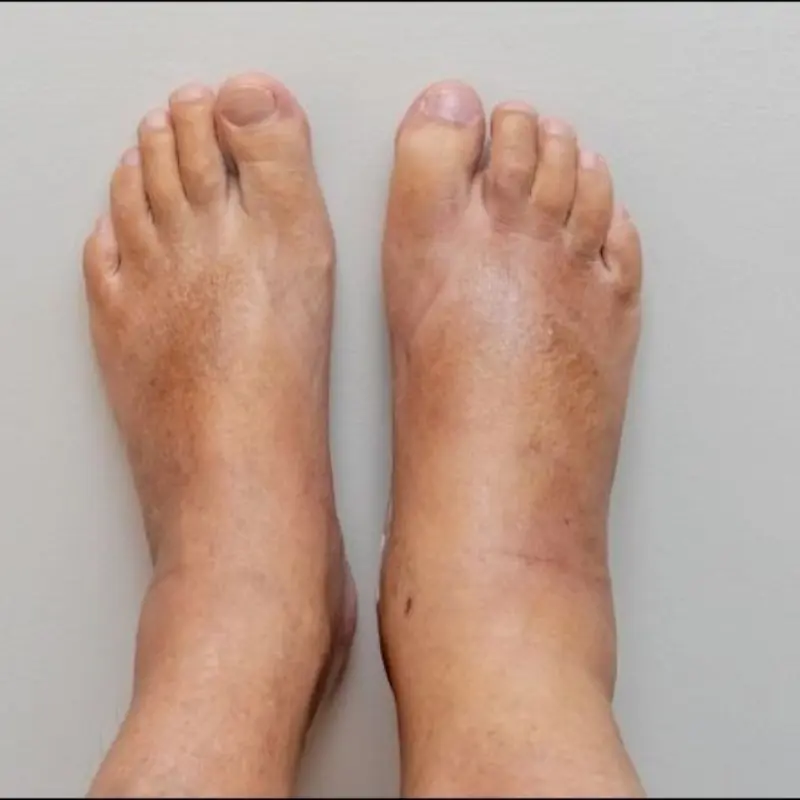
Surprised by the 5 dirtiest items in your kitchen
Maintaining a clean kitchen is essential for food safety and overall health. Surprisingly, some of the dirtiest items in your kitchen are everyday tools that often go unnoticed during routine cleaning. Here are five of the most contaminated items and tips on how to keep them sanitary:
1. Kitchen Sponges
Kitchen sponges are notorious for harboring bacteria due to their moist and porous nature, which provides an ideal environment for microbial growth. Studies have found that sponges can contain harmful bacteria like E. coli and Salmonella.
Cleaning Tip: Disinfect sponges daily by soaking them in a bleach solution or microwaving them for one minute. Despite regular cleaning, it's advisable to replace sponges every one to three weeks to prevent bacterial buildup.
2. Kitchen Sink and Faucet Handles
The kitchen sink and its faucet handles are exposed to food residues and frequent hand contact, making them hotspots for bacteria. Even though water runs through the sink, bacteria can thrive in the crevices and on surfaces.
Cleaning Tip: Clean the sink and faucet handles daily with a disinfectant cleaner. Pay special attention to the areas around the drain and the base of the faucet. Regularly sanitize these spots to reduce bacterial contamination.
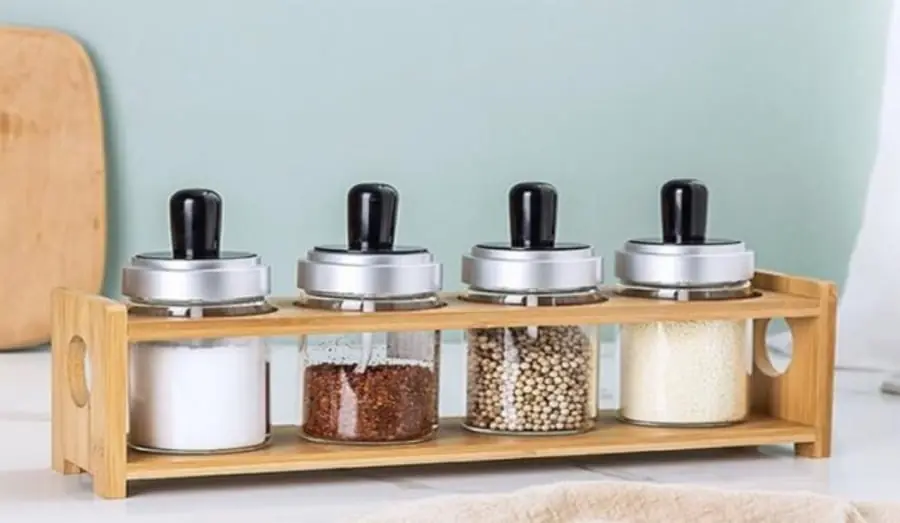
3. Cutting Boards
Cutting boards, especially those used for raw meat, can harbor harmful bacteria if not cleaned properly. Cross-contamination between raw and cooked foods on cutting boards is a common cause of foodborne illnesses.
Cleaning Tip: Use separate cutting boards for raw meats and vegetables. After each use, wash them thoroughly with hot, soapy water. Plastic cutting boards can be sanitized in the dishwasher, while wooden boards should be scrubbed with a mixture of salt and lemon juice.
4. Dish Towels and Drying Towels
Dish towels are frequently used to dry hands, dishes, and surfaces, making them susceptible to bacterial contamination. If not changed and washed regularly, they can become a source of cross-contamination in the kitchen.
Cleaning Tip: Launder dish towels after each use or at least daily, using hot water to kill bacteria. Ensure they are completely dry before reuse, as damp towels can promote bacterial growth.
5. Refrigerator Handles and Interior Surfaces
Refrigerator handles are touched frequently, often during cooking, which can transfer bacteria from hands to the handle. Additionally, spills and spoiled food inside the refrigerator can lead to bacterial growth on shelves and drawers.
Cleaning Tip: Wipe down refrigerator handles daily with a disinfectant wipe. Clean the interior surfaces, including shelves and drawers, weekly. Remove any expired or spoiled food promptly to prevent contamination.
By paying attention to these commonly overlooked items and incorporating regular cleaning practices, you can maintain a more sanitary kitchen environment and reduce the risk of foodborne illnesses.
News in the same category


The Special Purpose of the Two Small Holes on Flat Plug Prongs That Many People Don’t Know

Here's how to choose delicious, sweet mangosteens – all 10 of them are perfect

A 111-year-old man eats these two foods every day—and they’re incredibly cheap at local markets
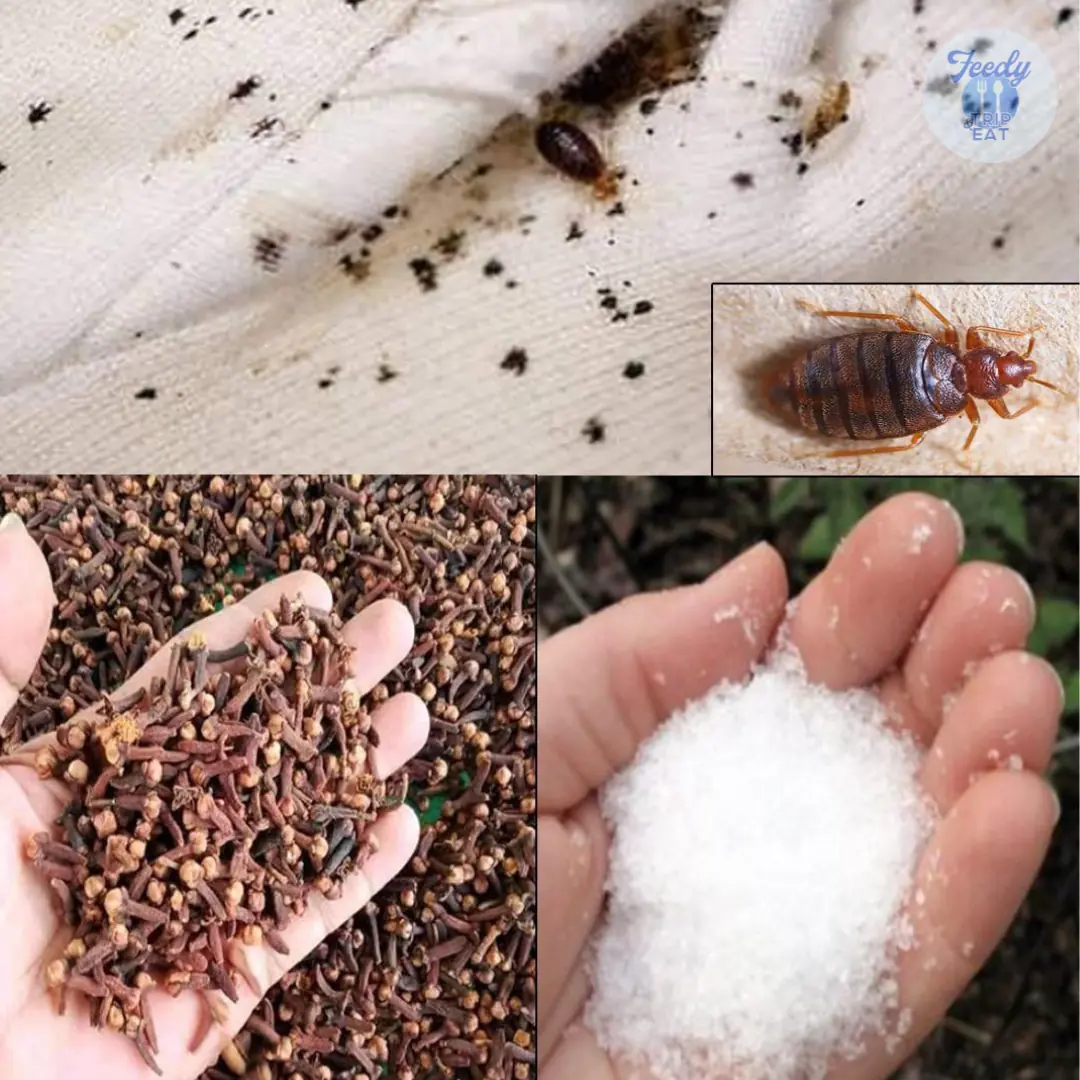
How to Quickly Eliminate Bed Bugs, Cockroaches, Fruit Flies, and Other Insects from Your Home
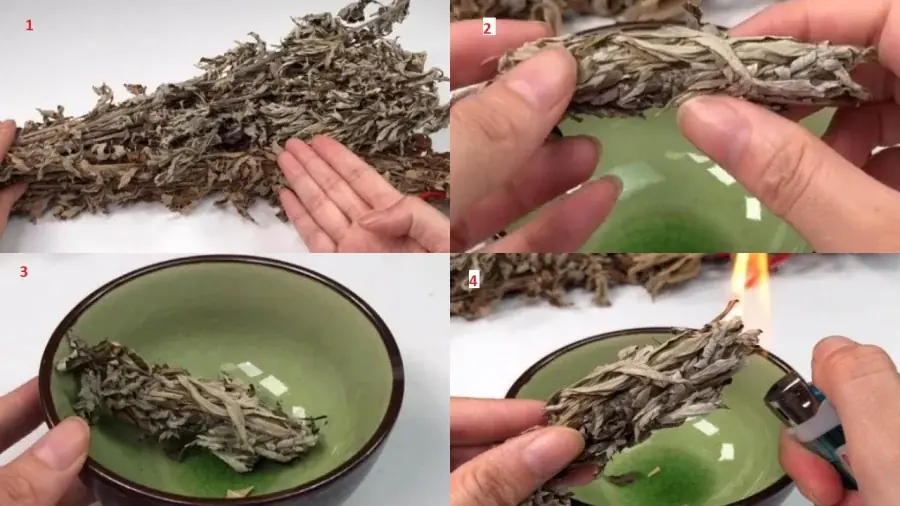
Mosquitoes are terrified of this leaf: Place a handful in your home and not a single one will dare to buzz around

Why do people put garlic at the head of the bed before going to sleep? The reason may surprise you.

Snakes are af.raid of these 5 plants - Plant them around your house to repel snakes and protect your family
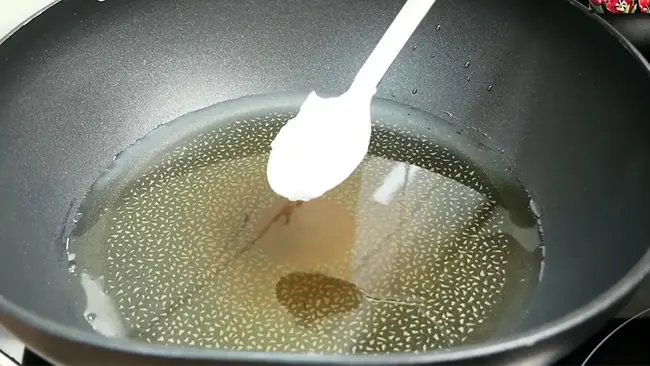
90% of women don’t know this trick: Add this one thing to the pan and you can fry “everything” without worrying about oil splattering!

When Buying Bananas, Just Say These 3 Words — Sellers Will Think You’re an Expert and Won’t Dare to Cheat You

Stop Storing Ginger in the Fridge! Here’s How to Keep It Fresh for Up to 6 Months

Thought It Was Just Kitchen Waste, Lemon Peels Turn Out to Be a “Hidden Treasure” With 5 Little-Known Uses

Stop washing clothes the old way! Don’t just add detergent—try this quick hack and your clothes will come out like new.

Expert reveals 'military sleep method' that helps you fall asleep in just two minutes

Don’t Fry Fish with Just Oil: Add These 3 Ingredients for Golden, Crispy Fish with No Oil Splatter

Warning for Anyone Using an Air Fryer: There’s One Essential Part You Must Clean—but It’s Often Overlooked

Fridge leaking water: Don't rush to call a technician, just do this to keep your fridge running smoothly without spending money

7 Power-Hungry Home Appliances: Unplugging Them Can Save Electricity—but Also Shorten Their Lifespan
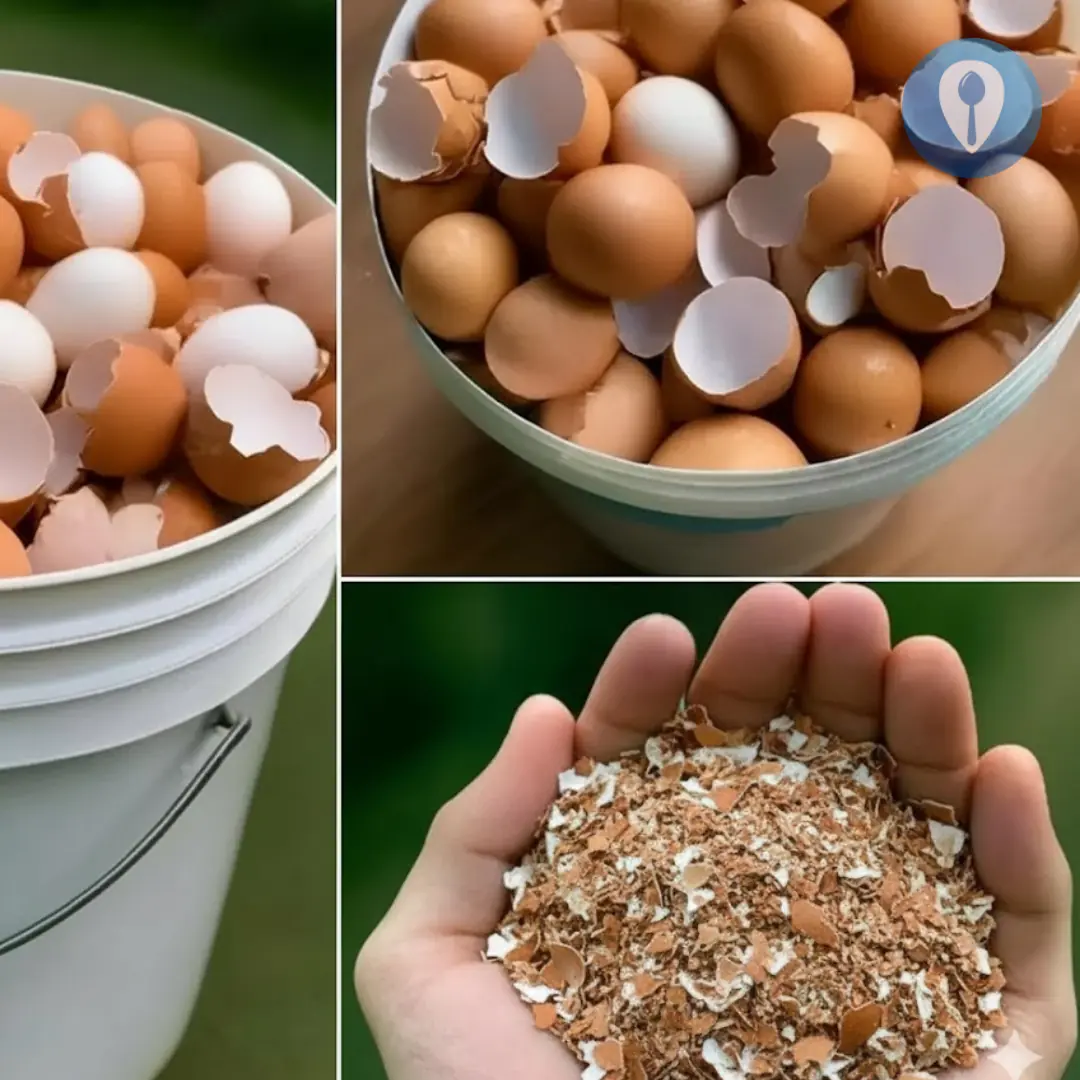
Boil eggshells and say goodbye to the …
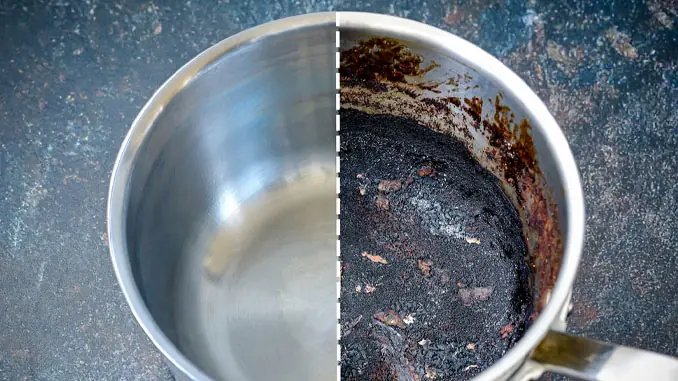
Instead of using steel wool, this is the proper way to clean stainless-steel pots and pans to help extend their “lifespan”—a tip many people don’t know.
News Post

Buried Treasure Fills in Ancient Roman Puzzle

Blueberry Breakfast Quesadilla

The Flight That Celebrated New Year… Twice!

Over 60? 10 Early Dementia Warning Signs You Must NEVER Ignore (Catch Them Before It’s Too Late)
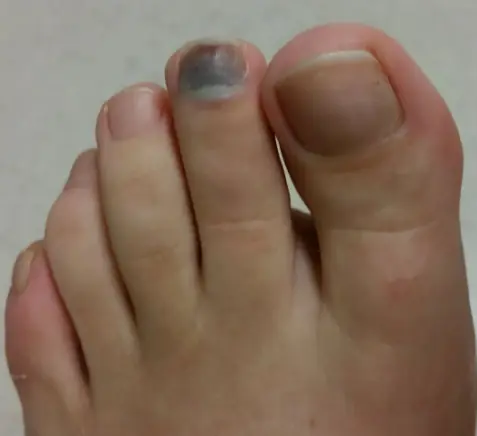
What Causes a Toenail To Turn Black?

Jjajangmyeon – Korean Black Bean Noodles

What To Know and Do About Pain Under Your Left Rib Cage

Understanding the Relationship Between Breast Size and Hormonal Health

Clove Water Sitz Baths for Women: A Gentle Guide to Hygiene and Comfort

Beef, Broccoli & Mushroom Rice Bowl

1 teaspoon a day melts away fatty liver naturally

Why Your Legs Cramp At Night And How To Stop It From Happening

Stop pouring hot water down the sink — here’s why!

How to treat nerve pain in the foot, toes & legs

5 foods you should never keep overnight

Crispy Shrimp Rice Balls

Ebi Fry – Japanese Crispy Fried Shrimp

The Special Purpose of the Two Small Holes on Flat Plug Prongs That Many People Don’t Know

Roasted Chicken Leg with Gravy, Mashed Potatoes & Vegetables
